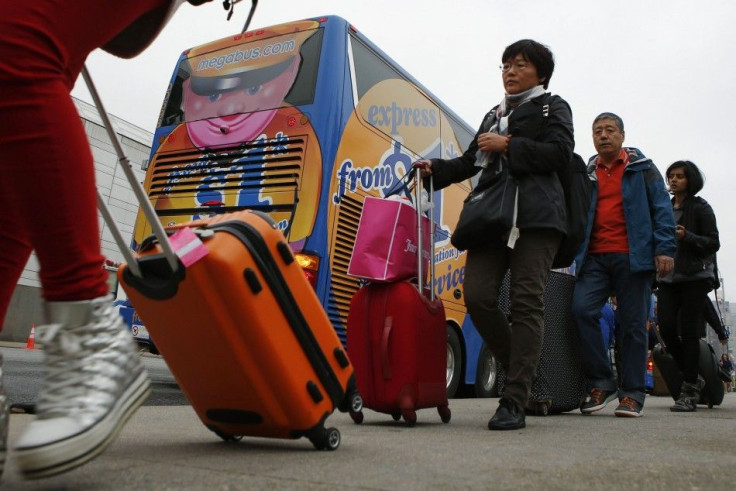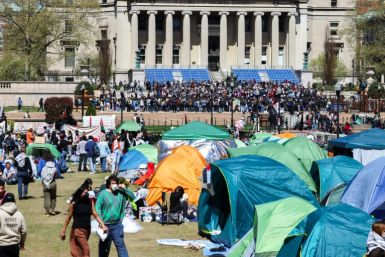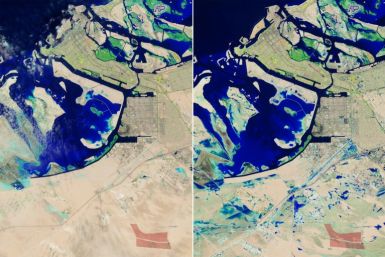Analysis suggests US Tourism may lose US$18B, Trump travel ban to be blamed

New analysis by the Atmosphere Research Group shows that US President Donald Trump’s temporary travel ban could result to an US$18 billion (AU$23 billion) hole in US tourism over the next two years. Following the travel ban announcements on Jan. 27 and March 6, hotels reported declines in airline bookings.
Atmosphere Research Group president Henry Harteveldt claimed that the United States has put an “unwelcome mat at our front door.” Data from Tourism Economics suggests that about 4.3 million fewer international visitors will travel to the US this year and 6.3 million visitors in 2018.
Adam Sacks, president of Tourism Economics, said the “America first” rhetoric is finding consistent expression in policy. He noted that on several fronts such as diplomacy, trade, border control and visa policy, international markets are receiving a message that the US is no longer a welcoming destination.
The anticipated decline in international tourism during the Trump administration is a reversal from last year when foreign visitors rose to 77 million from 54 million in 2009 according to Roger Dow, CEO of the US Travel Association, which represents airlines, hotels and destination resorts. Dow said their message to the White House is simple. “'We’re real good at America being closed for terrorism and open for business. What we need them to do is say that,” USA Today quotes him.
Several cities were trying to attract foreign travellers back into the US. For instance, New York City’s marketing team released a new campaign called Welcoming the World, which seeks to “reassure international travellers” from other countries, including UK, Mexico, Germany and Spain.
But Harteveldt said losing foreign travellers is not the sole issue, ABC Radio reported (via KWBE.com). He warned that the tourism sector is likely to lose potential domestic tourists over potential conflicts their international attendees may face. He noted that the stronger US dollar can also contribute to the potential loss.
On March 15, Trump said he would appeal all the way to the Supreme Court after his revised travel ban was blocked. Earlier, he promised to build a wall along the border with Mexico to stop criminals, drug dealers and terrorists from entering America.
“The danger is clear. The law is clear. The need for my executive order is clear,” Trump said. The president believes that the best way to keep the foreign terrorists from attacking the US is to stop them from entering the country in the first place.






